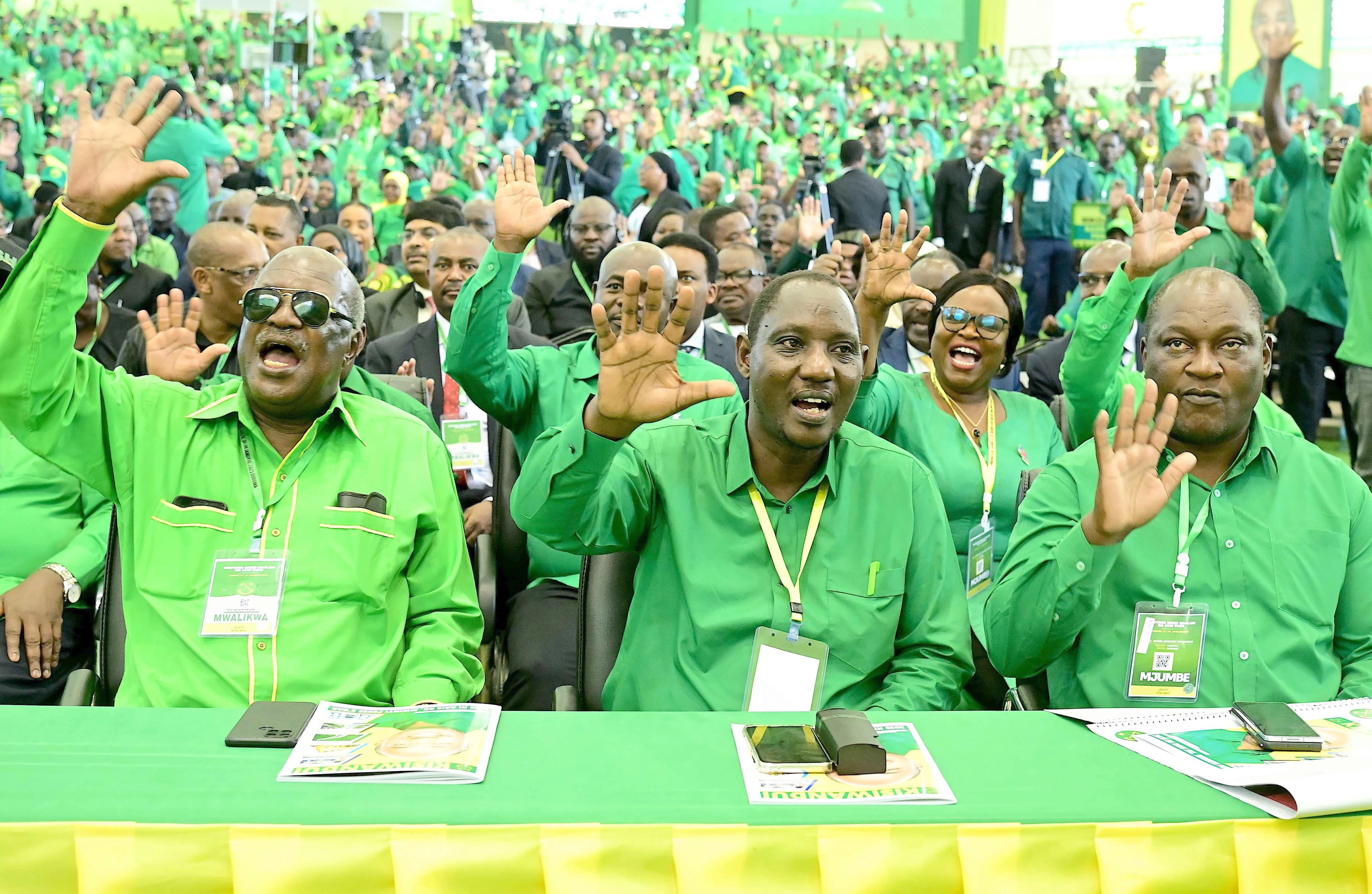Why Ethiopia is strengthening ties with Turkey

Ethiopian Prime Minister Abiy Ahmed speaking on state television
Ethiopian Prime Minister Abiy Ahmed is now looking to Turkey for help with two major challenges facing Addis Ababa -- the Sudan-Ethiopia border dispute and the Tigray conflict.
On Wednesday, PM Abiy travelled to Ankara where he met with Turkish President Recep Tayyip Erdogan in what was officials said was "discussing bilateral issues".
But the issues facing Ethiopia largely punctuated the trip. During the one-day visit, Abiy signed "military and financial cooperation deal" with president Erdogan, according to an official dispatch.
Ethiopia is seeking alternative support from countries like Turkey as Abiy is increasingly at loggerheads with Western countries such as the US, UK and Germany, who have demanded he holds dialogue with the Tigray People’s Liberation Front.
Other rebel groups from Afar, Benshangul-Gumz and Gambella region have also recently joined the battle for regime change, complicating the strategy against the TPLF.
Abiy has sought military and financial support from Turkey as the Horn of Africa nation gets overwhelmed by conflicts in the north with the Tigray rebels and in the south with the Oromo rebels.
Strategic plan
Analysts say Ethiopia's plans to strengthen ties with Turkey is "strategic".
They also believe that Turkey, which is strengthening its economic and military ties in Africa, can create a balance of power in the volatile Horn of Africa's region.
Melaku Demeke, a political researcher in Addis Ababa told the Nation that Turkey is working to expand its influence in Africa"
Ankara attached special importance to Africa in its foreign policy and declared 2005 the year of Africa.
The Horn of Africa, Ethiopia and Turkey have historical and cultural ties.
Although this relationship was severed during the Derg regime, Turkey and Ethiopia have good relations with both the former TPLF-led EPRDF leadership and the current Abiy administration.
For a long time, the relationship between the two countries was largely focused on the economy.
According to official reports, Turkey, which invests heavily in the textile sector, is the second-largest investor in Ethiopia after China.
There are some 200 Turkish companies in Ethiopia that have created job opportunities for over 20,000 Ethiopians.
As the Tigray conflict spills to other regions, Ankara wants to protect its huge investment in Ethiopia.
On Wednesday, the two countries signed a military cooperation agreement.
A few weeks ago, there were claims that Turkey has provided Ethiopia combat drones to be used in the Tigray conflict.
The Turkish embassy in Addis Ababa immediately rejected the allegations saying it was fabricated.
Metta-Alem Sinishaw, a senior political analyst on Ethiopia and the Horn of Africa says the signature of a “military financial cooperation” deal transforms the Ethio-Turkish cooperation from economic to political alliance marks the beginning of Ethiopia’s shifting alliance towards a new strategic partner
"As Ethiopia and Turkey are targets of western “regime change” efforts, the collaboration could, at least partly, counter growing external pressure" he said
He added: "The deal ensures the emergence of an alternative partner to Africa that challenges traditional powers."
After Abiy's visit, president Erdogan called for a "peaceful resolution" of the Tigray conflict.
According to Metta-Alem, Turkey’s willingness to mediate between Ethiopia and Sudan over their disputed border signals its desire to curb Egyptian (its rival) growing influence in Sudan and elsewhere in the greater East African region.
"Turkey’s commitment to Ethiopia’s peace and integrity and appreciation of Ethiopia’s regional role couldn’t have come at any better time as Ethiopia faces mounting internal turmoil and external pressure"
"Although Turkey supports peaceful resolution of the Tigray conflict, the new deal most likely transfers military technology with which Ethiopia could overwhelm TPLF’s expanding offensives," Metta-Alem said.
In his remarks on the Tigray war, president Erdogan called for a peaceful resolution to the conflict and said his country would do its utmost to resolve the conflict.
He said that Ethiopia is currently going through a difficult period and suggested a peaceful solution to the Tigray conflict.
"We are ready to provide any kind of support, including mediation, to end the conflict peacefully," Erdogan said.
However, the question is --- will Ankara serve as a neutral mediator and will both parties accept the offer?
"Abiy will certainly accept it. I believe mediation must have been under discussion between Abiy and Erdogan," Melaku said.
Melaku however doubts if TPLF would accept the mediation offer from Turkey.
He says even if TPLF accepted the mediation offer the United States which is the major backer of the rebel group won't allow that to happen.
During Wednesday's meeting, President Erdogan also discussed with Abiy the ongoing border dispute between Sudan and Ethiopia.
Ethiopia ministry of foreign affairs spokesman, Ambassador Dina Mufti told Turkish news agency Anadolu that Ethiopia would accept if Turkey played a role in mediating the border dispute between Sudan and Ethiopia.
Sudan has taken control of most of the land, up to 60 kilometers deep inside Ethiopia, which it alleges had previously been annexed by its neighbor.
Tensions along the common border flared in December last year, one month after the outbreak of conflict in Ethiopia's northern Tigray region.
Disputes over the agricultural land of al-Fashaga, which falls within Sudan's international boundaries, coupled with the unsettled dispute over Ethiopia's controversial Nile dam project has strained relations between the two neighbours.





